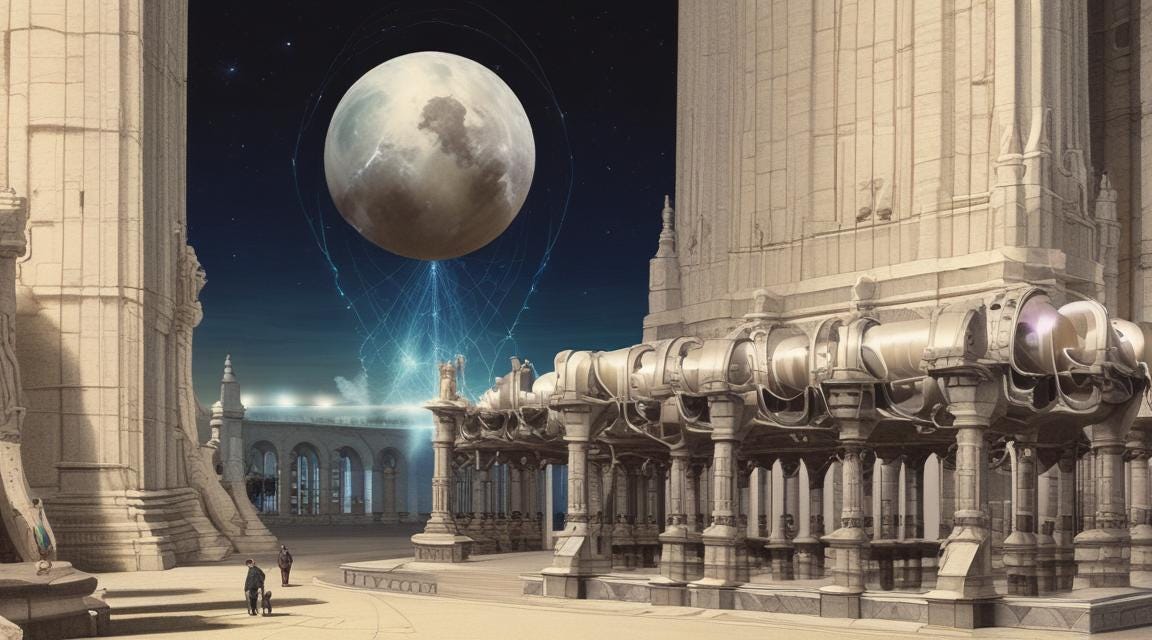12 Extraordinary Minds Who Changed the World: Could They Be Neurodivergent?
Exploring How Neurodivergent Traits May Have Powered Some of the World’s Greatest Achievements
Neurodivergence, a term referring to natural variations in brain function, is often associated with conditions like autism, ADHD, and dyslexia.
While historically misunderstood, many now recognize that neurodivergent traits can provide unique perspectives, abilities, and strengths. In fact, some of the most influential minds in history may have been neurodivergent, using their different ways of thinking to change the world.
Here are 12 powerful or famous individuals whose cognitive differences may have contributed to their groundbreaking achievements.
1. Albert Einstein (Theoretical Physicist)
One of the greatest scientists in history, Albert Einstein, exhibited behaviors that today might be associated with autism or dyslexia.
Einstein didn’t speak until he was three, struggled with traditional education, and struggled with social conventions.
Yet, his ability to think in abstract and revolutionary ways led to the development of the theory of relativity and reshaped modern physics.
2. Nikola Tesla (Inventor and Engineer)
Nikola Tesla, the visionary behind alternating current (AC) electricity, exhibited traits that align with autism spectrum disorder (ASD) and obsessive-compulsive disorder (OCD).
Tesla was known for his solitary lifestyle, meticulous habits, and incredible focus on his inventions. His unique mind gave him the capacity to visualize complex systems and design them with extraordinary precision.
3. Emily Dickinson (Poet)
One of America’s greatest poets, Emily Dickinson, lived a reclusive life and maintained her relationships through written correspondence rather than face-to-face interaction.
The poet’s preference for solitude and deep focus on her craft suggests that she may have been neurodivergent. Dickinson’s poetry is marked by her intense introspection and unconventional style, which broke away from the norms of her time.
4. Isaac Newton (Mathematician and Physicist)
Isaac Newton, whose work in mathematics and physics laid the foundation for modern science, is believed to have exhibited traits consistent with autism.
Newton was intensely focused on his studies, often isolating himself from others for long periods. His work on gravity, calculus, and the laws of motion reflected a mind that thrived on abstraction and solitary contemplation, hallmarks of neurodivergence.
5. Leonardo da Vinci (Polymath)
Leonardo da Vinci’s unparalleled creativity spanned art, science, engineering, and anatomy. Some suggest that da Vinci may have had ADHD due to his tendency to move quickly from one project to the next and leave many unfinished.
Da Vinci may also have been dyslexic, as his use of mirrored writing and spatial reasoning skills are consistent with dyslexia traits. His ability to think outside the box allowed him to imagine inventions and artistic creations far ahead of his time.
6. Mozart (Composer)
Wolfgang Amadeus Mozart exhibited behaviors such as repetitive movements, vocal tics, and impulsive outbursts, leading some to believe he may have had Tourette syndrome or ADHD.
Despite these traits, or perhaps because of them, Mozart’s creativity flourished. His ability to compose music with extraordinary speed and complexity made him one of the most celebrated composers in history.
7. Temple Grandin (Animal Scientist, Author, and Advocate)
Temple Grandin, an autistic individual, has revolutionized livestock handling practices and brought greater understanding to the world of neurodivergence.
Grandin’s ability to think visually allowed her to empathize with animals in ways that neurotypical individuals could not, making her an innovator in animal welfare.
Grandin has also been a powerful advocate for autism awareness, showing how neurodivergent traits can bring valuable insights.
8. Steve Jobs (Co-Founder of Apple)
Steve Jobs, the visionary behind Apple, was known for his intense focus, perfectionism, and sometimes abrasive social behavior, leading to speculation that he may have been neurodivergent.
Jobs’ relentless drive for innovation, his ability to imagine products that would revolutionize technology, and his willingness to push boundaries are all traits associated with autism and ADHD.
The visionary’s “think different” mantra resonated not only with consumers but with how his mind worked.
9. Charles Darwin (Naturalist and Evolutionary Biologist)
Charles Darwin’s obsessive focus on natural history and solitary habits has led some to suggest that he may have been neurodivergent.
Darwin spent years meticulously studying data and was highly introverted, avoiding social interactions when possible.
The biologist’s groundbreaking theory of evolution resulted from deep, detailed analysis and independent thinking—traits often associated with individuals on the autism spectrum.
10. Satoshi Tajiri (Creator of Pokémon)
Satoshi Tajiri, the creative mind behind Pokémon, has openly discussed his place on the autism spectrum.
Tajiri’s intense childhood interest in collecting insects inspired the Pokémon franchise, and his ability to focus on his passion led to the creation of one of the most successful entertainment franchises in the world.
Tajiri’s unique vision and attention to detail reflect the strengths of neurodivergent thinking.
11. Hans Christian Andersen (Author)
Hans Christian Andersen, the author of fairy tales like The Little Mermaid and The Ugly Duckling, was known for his social awkwardness, obsessive behaviors, and struggles with personal relationships, which have led some to believe he may have been on the autism spectrum.
Andersen’s writing, filled with empathy for outsiders and the misunderstood, may reflect his own neurodivergent experiences, creating some of the most beloved stories of all time.
12. Tim Burton (Director and Filmmaker)
Tim Burton, known for his quirky, gothic film style, is frequently thought to be neurodivergent due to his distinctive approach to creativity and his social behaviors.
Burton’s films often explore themes of outsiders and misunderstood individuals, possibly reflecting his own neurodivergent worldview. Burton’s imagination and ability to create fantastical worlds have made him a beloved figure in filmmaking.
Conclusion
While many of these assessments are speculative and based on interpretations of historical behaviors, they offer a compelling perspective on how neurodivergent traits may have shaped the accomplishments of some of history's most influential figures.
Though we can't confirm these diagnoses, the possibility highlights the value of cognitive diversity in driving human progress and innovation.






